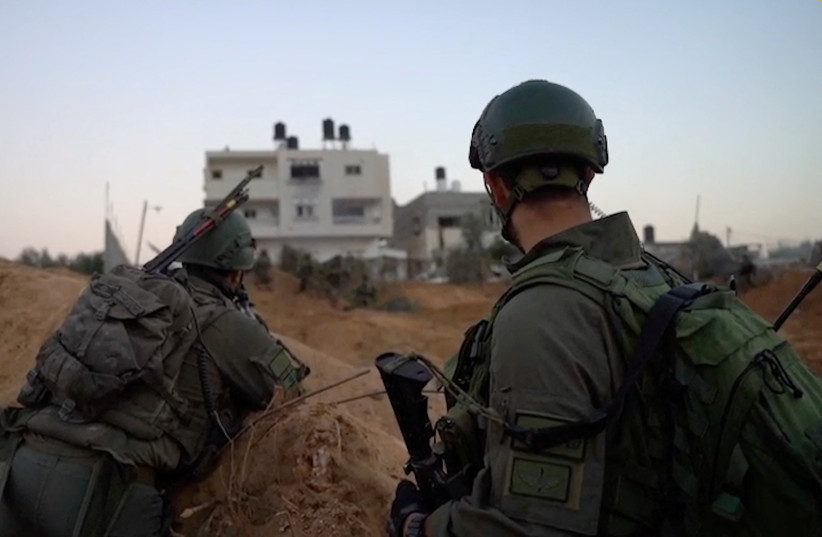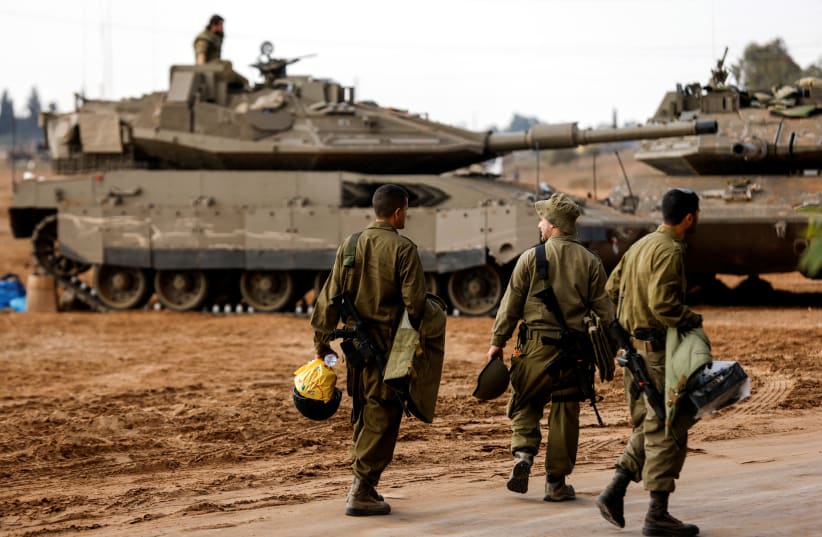When the war began, a sense of togetherness infused a rush of nationalist feelings. These sentiment were so strong and so bright at the start of the war. Now, eight months into it, close to 300,000 reservists were drafted to the IDF.
But now, with no end in sight and no practical plan for how to balance being in the army and maintaining a routine schedule – providing for one’s family, for instance – many are falling between the juggling cracks. This is what the government is for. It needs to do and plan more.
In October, thousands of independent business owners had to leave their livelihoods behind and join the reserves. If they had families, this meant leaving the house duties to their partners, with all that that entails; and this, on top of the mental, emotional, and psychological strains of war. Notably, around 20% of business owners are independent.
Tzachi Tzuri, an independent veterinarian from Kibbutz Gvat up North, told The Marker in late October that he had to field calls to his competitors. He said at the time that he was worried about losing customers, that “if the war drags on and gets worse, I’m not sure that I will have a clinic to return to when it’s all over.” He added that he hoped customers would show solidarity and return to him – as they had in past conflicts – but that he believed that he would lose others for good.
Monetary sources available for reservists

There are two monetary sources available for reservists: Army salaries that are legally provided for them by the IDF, and compensation that they might qualify for as business owners. Neither are comprehensive enough, whereas in some cases, these only apply if one makes under a certain amount.
This created a reality for some business owners in which they would get released from reserve duty for 48 hours, then spend every precious second of their time to their businesses, alongside everything else they had to do.
One couple, Rotem and Cheli Basran, who are the brains behind Eva Metal Art, an artistic home goods brand, faced this exact problem. Both of them were drafted for duty as soon as the war began. “As an IDF officer, I feel a personal sense of responsibility to defend our country. As soon as I understood that we were at war, I put my struggles on hold and saw only what was needed for the country; we had no other home. I will do everything to bring the hostages home and bring back our security,” he told Ynet. Cheli is a lawyer, and had the same reaction; neither knew how this would affect their business and their livelihood. But the business, located in a studio in Jaffa, once opened for all business hours, closed, and was only operational by call-in orders in advance, along with its website. The two expressed optimism, but the government should be doing more to help those in this predicament find steady ground.
At a Knesset finance committee meeting in December, business owners had the opportunity to voice their struggles. On a Monday morning, during a debate regarding compensation funds, Lior Mushayev, a business owner from Beersheba who was able to attend the meeting after he was resealed for a short period from fighting in Gaza, said: “I need help. My business collapsed and there is no one to keep it running. Now, when I have a day, I have no idea how it will end; I am scared to use my credit card to pay for baby formula for my daughter. The fridge is empty. Bullets are flying over my head and I am defending you, all of you.” The answers he received in that meeting were shameful.
“We didn’t think twice,” Mushayev said. “During that first day, we left our families and our livelihoods and went to fight.”
Funds have been created and finances have been allocated by various ministries, but this is simply not enough.
People are not just losing their sanity and their lives. They are losing the foundations of what is needed to keep them going even after all this is over – their livelihood. This is not an issue the government can afford to just stumble through. People won’t have an incentive to keep going. The country must do more to protect these businesses.
